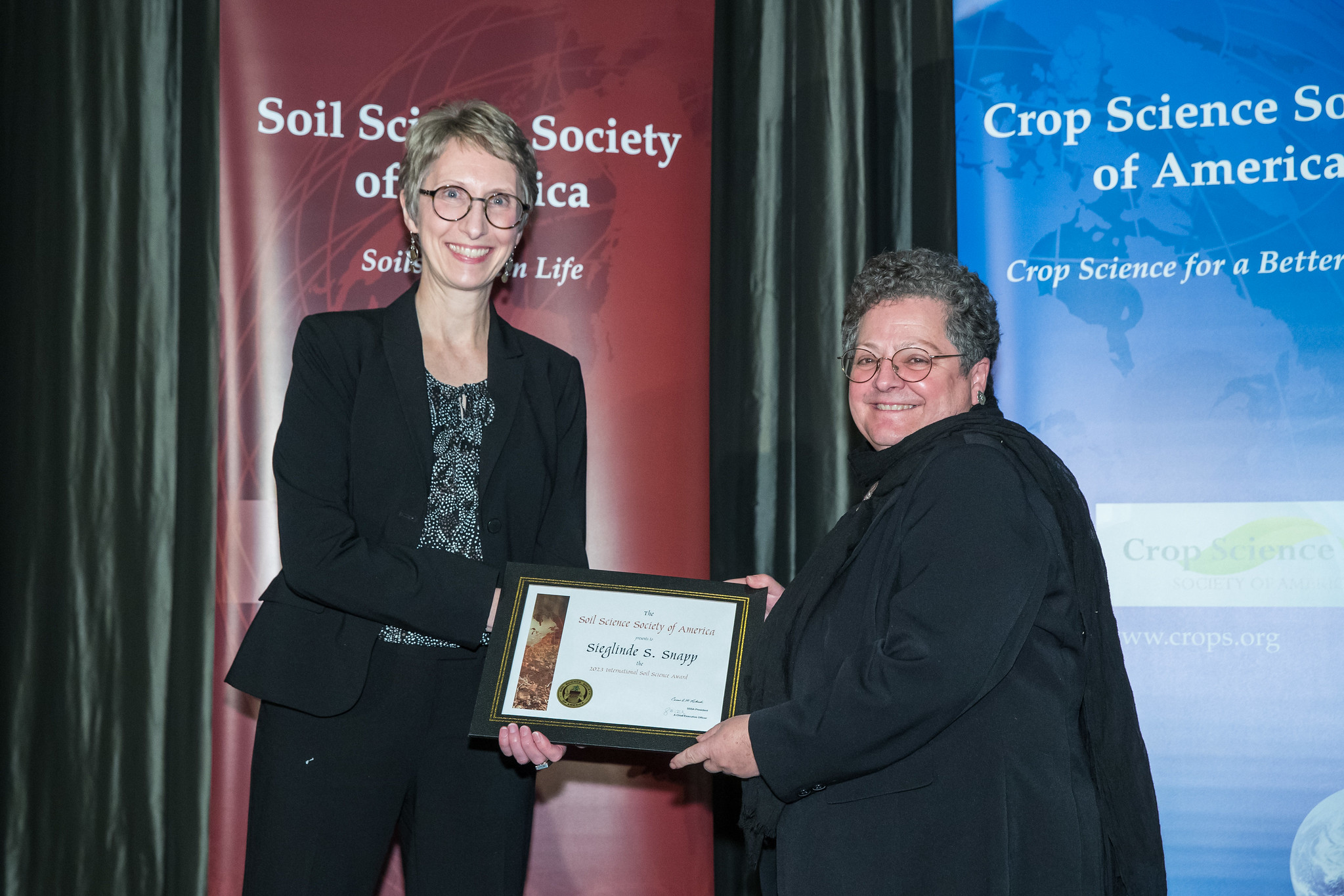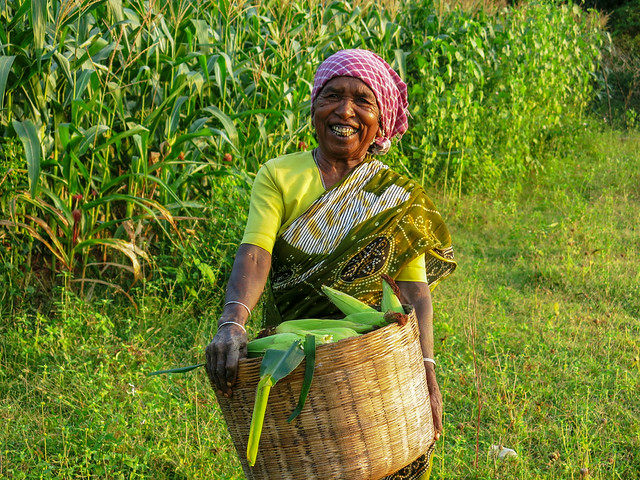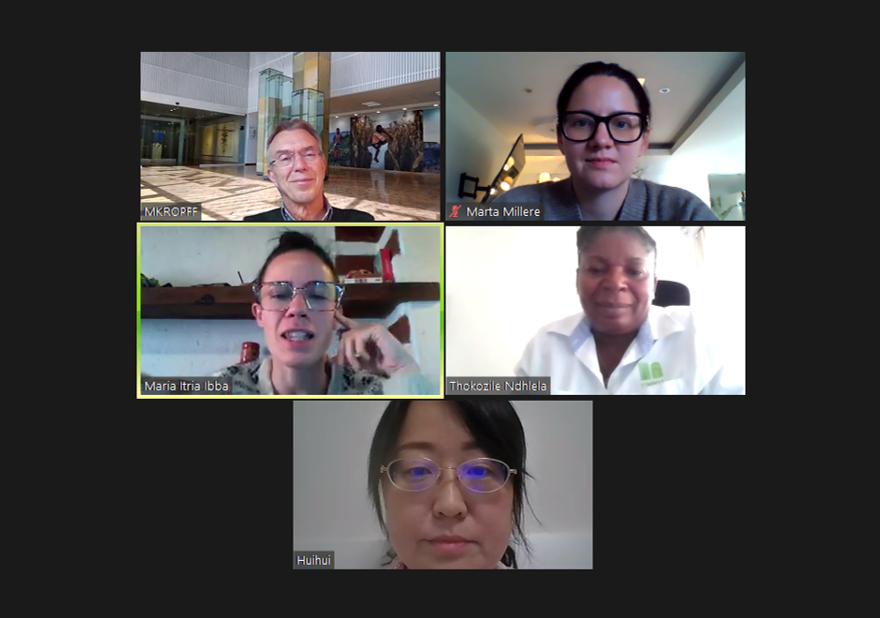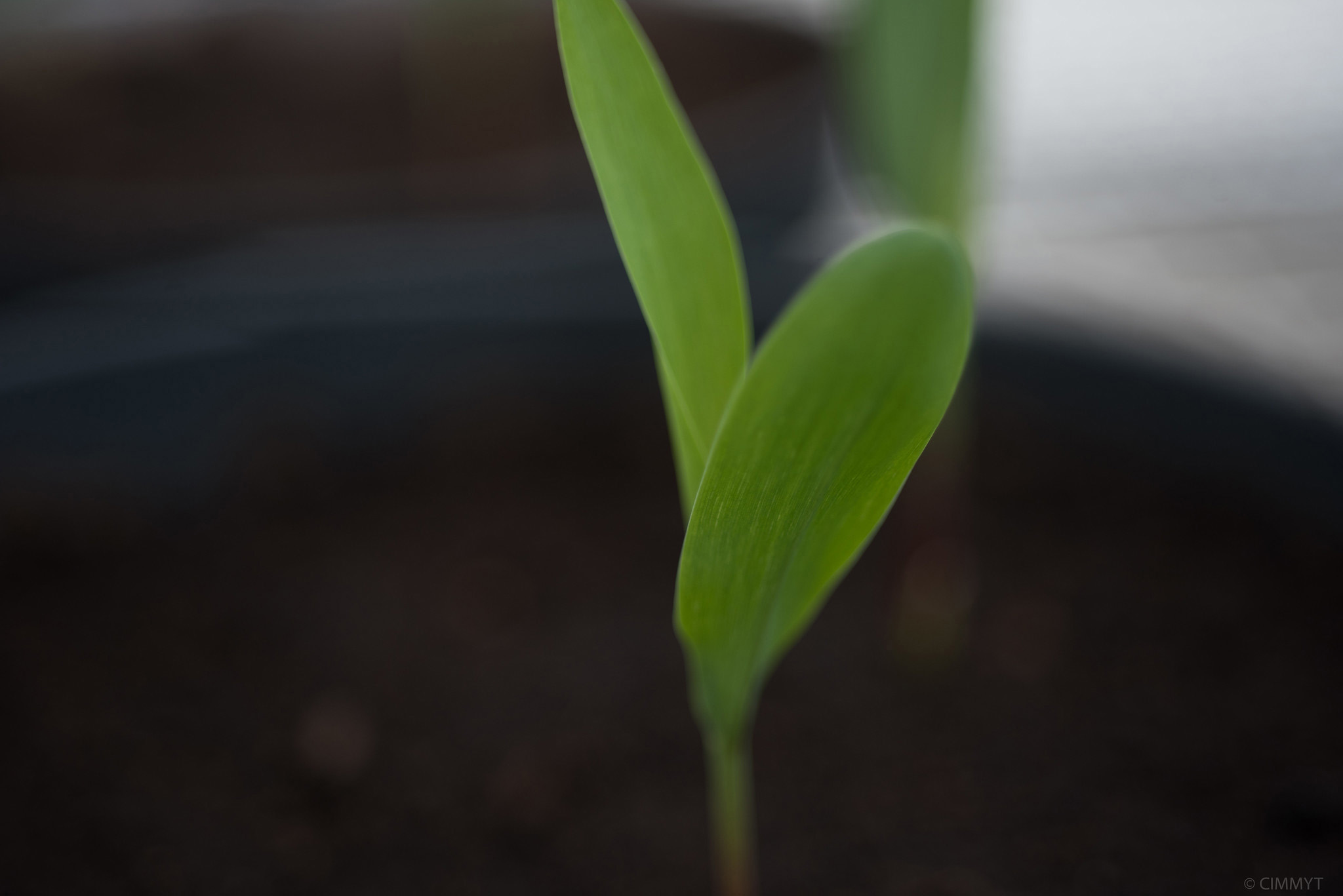Sieg Snapp, director of the Sustainable Agrifood Systems (SAS) program at CIMMYT, has been selected as a recipient of the 2023 International Soil Science Award. Bestowed by the Soil Science Society of America (SSSA), the award recognizes outstanding contributions to soil science on the international scene.
The awarding panel looks for lasting contributions to international soil science, including creativity and relevance in the establishment of scientific research, the application of sound principles of international significance. A key factor is evidence of bringing about long-lasting change in practices related to soil science in more than country, as Snapp has done through improved understanding of integrated nutrient management in Malawi and Tanzania. Snapp’s receipt of the prestigious award affirms her lifelong commitment to enhancing the science and practice of agriculture for the betterment of the planet and its people.

Snapp is a trailblazing scientist renowned for pioneering the “mother-baby trial” method, the go-to tool for participatory research which has helped develop farmer-approved technologies in 30 countries. Her groundbreaking approach has significantly advanced participatory research, enriching our understanding of soil health, crop diversity and agroecology, informing extension services and policymakers in Africa and beyond.
Snapp received her award at the ASA-CSSA-SSSA International Annual Meeting in St. Louis, Missouri, where she also delivered the ASA Plenary/E.T. & Vam York Distinguished ASA Lectureship. Her talk, titled “Sustainable Agrifood Systems for a Changing World Requires Action-driven Science,” unveiled CIMMYT’s strategy for advancing the science of SAS in a rapidly changing world. In it, she addressed the pressing issues of climate change, conflict and food insecurity, emphasizing the need for action research, new data analytics and agro-diversity. These, she emphasized, are essential elements to safeguard the resilience and sustainability of our farming systems.

 Nutrition, health and food security
Nutrition, health and food security 
